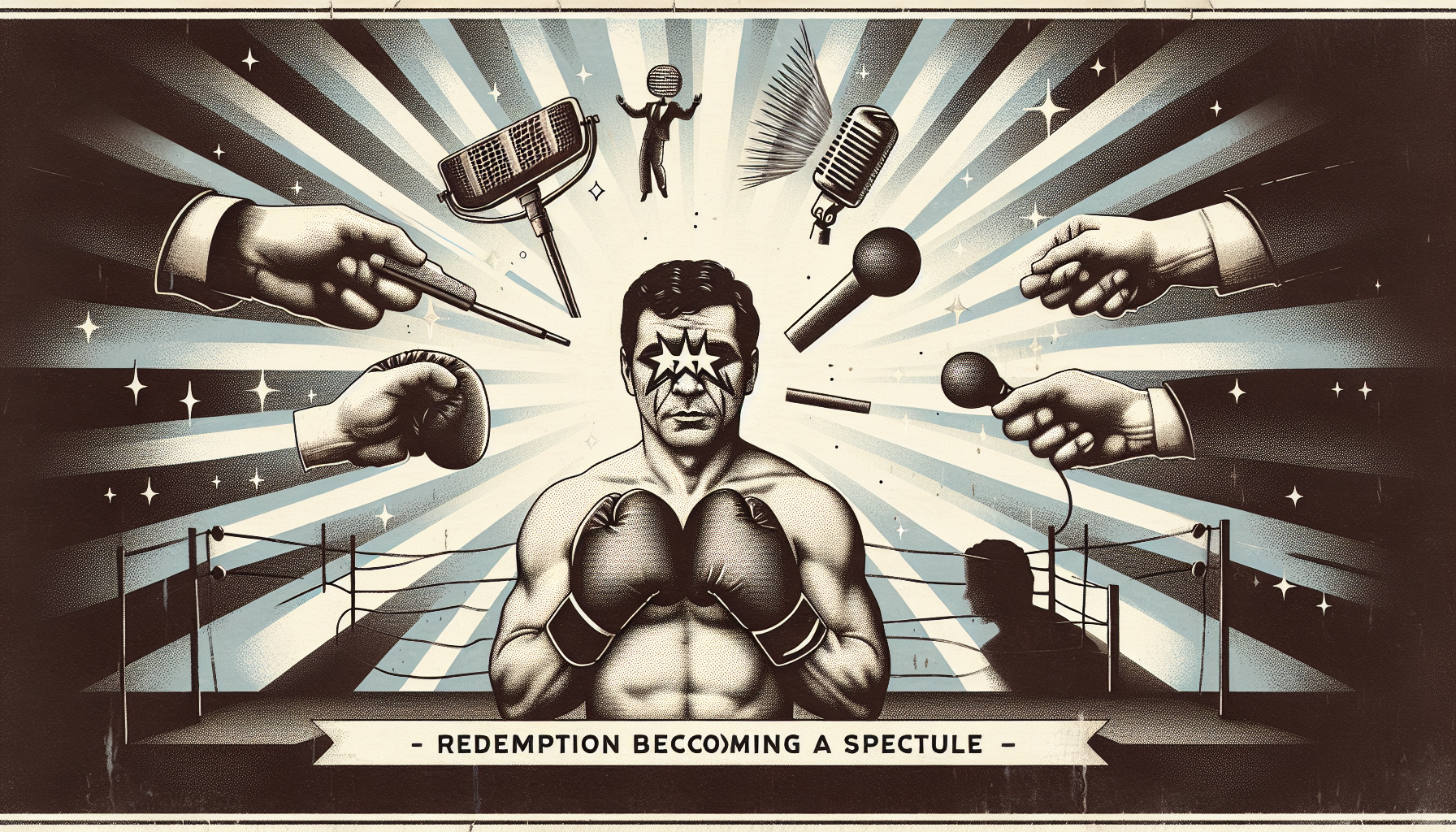Title: When the Heart Falters: Kevin Campbell, a Football Giant Felled Quietly in the Margins
Dear readers,
What happens when a symbol of strength starts to fade—not dramatically, not scandalously, but quietly, invisibly—until it’s too late to pull them back?
This isn’t a tale of reckless celebrity folly. This is the story of a man affectionately known as “Super Kev,” a striker who once barrelled through Premier League defenders and lit up stadiums with his radiant grin—becoming a joy-bringer in booted leather. And yet, when the final whistle of life approached, Kevin Campbell was caught in something more insidious than a slide tackle: a failing system, and a silence around a rare but deadly illness.
Let’s pull back the curtain, not on a football pitch, but on the corridors of a hospital, where even heroes can become just another cautionary tale.
From Brixton Streets to Highbury Lights
Kevin Campbell’s story begins in Brixton, South London, in a working-class family where tennis was played against brick walls because there was no money for courts. But resilience has a funny way of showing up where dreams shouldn’t survive—especially in the echo of a football bouncing off concrete and walls.
From those tough beginnings, Campbell rose. First at Arsenal, where he quickly made a mark—not just with goals but with a personality that even hardened veterans like Paul Davis remember as “larger than life.” Imagine being a youth player and checking senior defenders with the audacity of someone who refuses to wait their turn. That was Kevin. The sheer presence of him—physically, emotionally—lit up every room, every stadium.
And then Everton. The first Black club captain the Toffees had ever appointed, a leader in a time when their Premier League status teetered. Wayne Rooney, just bursting onto the scene, recalls how Campbell “galvanised the whole club.” To call him a mentor seems too small—he was gravity in football boots.
But here’s the thing about even the most blazing stars: they burn through, then flicker.
A Warrior's Body Declines
In early 2024, Campbell started feeling unwell. Tiredness, lack of appetite, losing weight. Symptoms that could be explained away. That’s what strong men do, isn’t it? They downplay their pain, carry on. Keep running.
He entered Manchester's hospitals several times. Nobody could quite pinpoint the issue. And tragically, that’s the refrain we hear too often now: uncertainty in diagnosis, delays in care.
He was eventually diagnosed with infective endocarditis—a rare but deadly heart infection, often difficult to detect. Once common in history books, now largely off the radar in modern conversations. And yet it still claims lives with eerie precision, especially when discovery comes too late.
A Larger Story Than Just One Man
Campbell’s death—on 15 June 2024—after complications including a stroke and multi-organ failure, triggered an inquest and a Level 5 NHS investigation (the highest severity rating). Though the final report stated that the outcome was “possibly avoidable but not very likely,” it leaves a heavy question hanging in the air: could more awareness, more speed, more funding have changed the ending?
Because make no mistake: Kevin was not just loved by fans and fellow pros—he was a man whose phone calls lifted spirits, who taught his sons to be humble and joyful, who mentored a young Rooney into England’s elite. His death was not just a human loss—it was symbolic of systemic flaws.
Care delayed is care denied.
Footballer or not, Kevin’s story echoes into reality for many northerners facing postcode disparities in health outcomes. Manchester’s NHS Trust receives £2.6 billion a year, yet demands far outstrip local supply—only 54% of cardiac patients were being seen within the recommended timeframe in 2024. It’s a stark reminder that no amount of legacy, strength, or community love can outrun budget lines or staff shortages.
Grief, Then Legacy
For his sons, Kyle and Tyrese (both pursuing football careers), their father’s illness wasn’t something they sugarcoated. “Sometimes in life, it doesn’t go your way," Kyle reflected. No platitudes. Just truth.
But grief didn’t end in silence. The family launched The Kevin Campbell Foundation—designed to give back to young people, especially from underprivileged backgrounds. A way to keep the brightness of Kevin’s joy pushing forward, even as his physical presence faded.
You see, Campbell never asked to be a legend. He just played hard, laughed loud, and pulled others up with him. That was enough.
The Shape of Absence
What cuts deepest isn’t just that Kevin Campbell died. It's how—after a life of public excellence—he faded through cracks that should’ve been filled. His final game wasn’t in a stadium. It was unseen, untreated, un-averted.
And yet, even in dying, Kevin’s story reminds us why we watch, why we care, and why we should demand more from the systems around us—especially when it concerns those we hope will endure.
He deserved more. Very simply, more time.
Until next time, don’t just celebrate the highlights—interrogate what’s left off-screen. That’s where legacy lives or gets lost.
Yours truly,
A Chronicler of Echoes & Heartbeats

